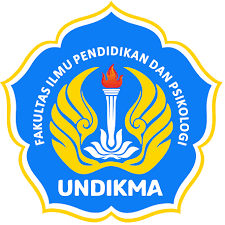Publication Ethic
This Journal is committed to ethical standards in its own editorial policy. The editors of this Journal do the best to ensure fair, unbiased, and transparent peer review processes and editorial decisions.
To support and promote integrity in research publication, we fully endorse the position statements for editors and authors. Both position statements were published under a Creative Commons licence. Source: COPE (Committee on Publication Ethics), https://publicationethics.org/node/11184.









